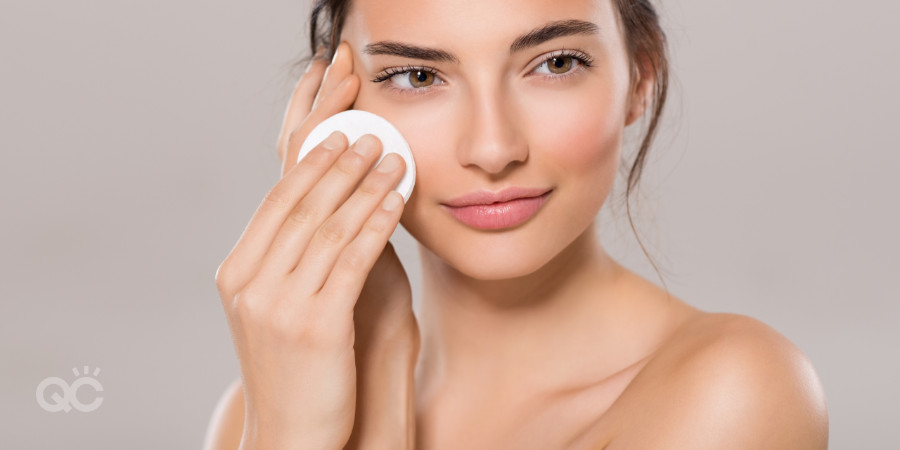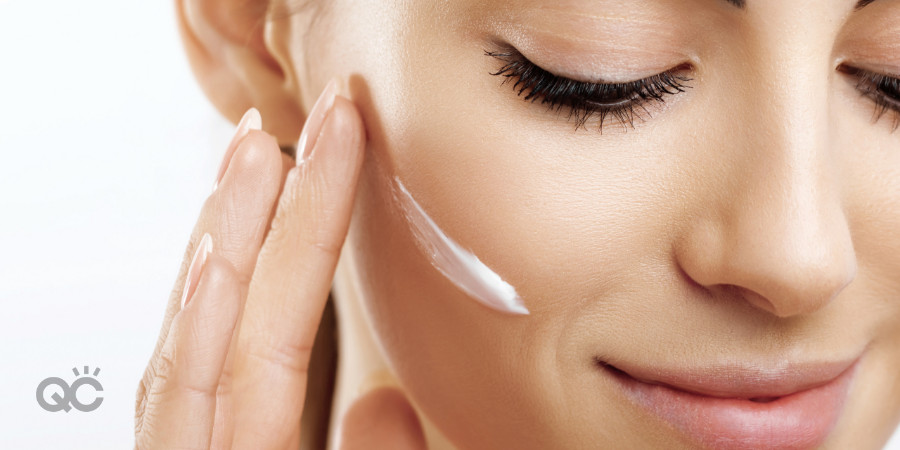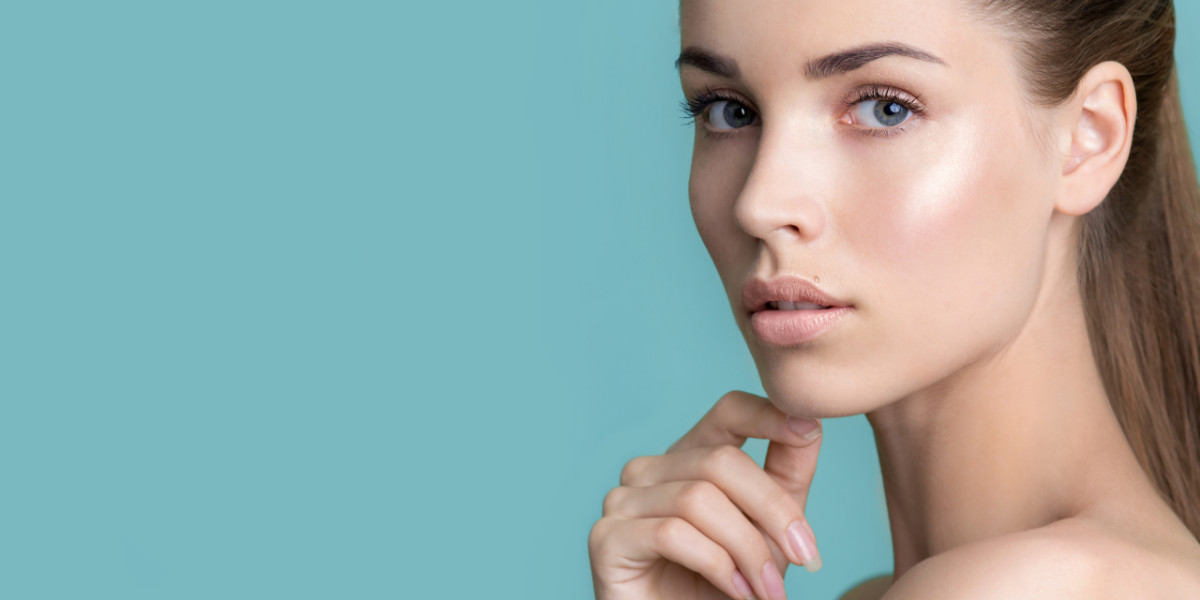Many people believe that a skincare consultant is the same as a dermatologist or an esthetician. But it’s not, sorry!
Perhaps you’ve been toying with the idea of a career in beauty for a while. Skincare is a multi-billion dollar industry around the world, so the title of “Skincare Consultant” probably sounds attractive to you. If you’re considering professional skincare consultant training, then you’re probably wondering what you can do with your certificate after graduation. Don’t fret! We’ll walk you through all the duties, education requirements and job opportunities open to you post-grad.
Keep reading!

How is skincare different from dermatology or esthetics?
We briefly mentioned that dermatologists and estheticians are different from skincare consultants. These differences come down to the range of duties and type of professional training.
Dermatologists are doctors. Their procedures are often surgically invasive as they treat skin disorders. They treat everything from cystic acne to skin cancer! To become a licensed dermatologist, you need to attend medical school and complete a residency before you can practice your craft.
Meanwhile, estheticians focus on a variety of beauty procedures including hair removal, nail care, and microdermabrasion. These procedures do not require a medical degree to perform, but they are chemical procedures. Thus, some regions require estheticians to attend state-approved schools to complete a degree program. They then need to pass a standardized exam to earn their license to practice.
Now that you know what skincare consulting is not, let’s dive into what it is!
Job Description of a Skincare Consultant
Skincare is a client-focused profession. Instead of working behind-the-scenes to create catch-all skincare formulas for the masses, you’ll be working on the ground. Your services will be tailored to each and every individual client! You’ll assess their skin, discuss their skincare concerns, and develop personalized skincare regimens.
During the skincare assessment, you’ll identify and address underlying skin issues. Dehydration, blackheads, and hyperpigmentation are examples of issues you’ll commonly encounter. You will not, however, diagnose or treat any skin disorders your clients may have. That’s up to dermatologists, remember? You will also not be able to apply any chemical treatments that require special equipment to operate or licenses to perform.
After your consultation, you’ll combine your assessment with knowledge about your client’s lifestyle and budget to create a routine that suits their needs.

Skincare Consultant Education Requirements
You don’t technically need any formal training to become a skincare consultant. You could, theoretically, wake up one day and declare yourself a skincare professional. But will you know the nuances between major skin types? Will you land clients who are 100% confident in your skills? Will you know how to conduct a skincare consultation? Nope, nope, and nope!
Without proper training, you won’t be able to actually do the job.
Earning a professional skincare certification gives you the solid foundation of knowledge, and the ability to negotiate a higher salary when you enter the field. Whether you attend a brick-and-mortar school or take a course from the comfort of your own home is up to you. If you’re searching for more flexibility in your schedule, you may want to check out online courses. From the basics of identifying skin types to creating an entire anti-aging skincare routine for a mature client, you’ll graduate prepared to take on clients with any skin concern!
Where can you work as a skincare professional?
Skincare professionals can work for a cosmetics company or freelance. Retailers such as Sephora or department stores like Macy’s will hire skincare consultants. In these positions, you’ll work as a wage employee and may also earn commission from sales of cosmetic products. As a skincare professional, you can provide comprehensive client makeovers that pair skincare products with makeup products, addressing skincare concerns on all levels.
Otherwise, you can become a self-employed freelancer. You can sell your services in building customized beauty regimens or couple them with makeup artistry services. For example, bridal beauty packages are popular and require skills in both skincare and makeup artistry. You’ll help a bride enhance her wedding makeup by taking steps to improve her skin before the big day!

Who can benefit from skincare training?
Let’s examine the best candidates for professional skincare training. Do these sound like you?
You love skincare.
It’s as simple as that. If you’re passionate about skincare and love making people feel good in their own skin, you can benefit from professional skincare training. Skin care training is not only for those looking to launch a professional career! If you’re passionate about the subject and want to better your own knowledge, you can benefit from a skincare course.
Makeup artists who want to broaden their services
Skincare consulting is a natural addition to a makeup artist’s arsenal of services. Securing makeup jobs is easier when you’re wielding multiple certifications—you’ll boost your earning potential!
So how exactly do the two services complement one another? Even though makeup is temporary, certain ingredients can wreak havoc on a client’s skin if you’re not careful. When you can identify skin conditions during the consultation, you’ll be able to select the best products that work with the skin and not against it.
Makeup artists require some skincare knowledge anyways. Choosing the right moisturizer and primer creates the perfect canvas for makeup. And knowing how to choose them requires the artist to identify their client’s skin type. Does the person need an extra boost in hydration? Does the client have an oily T-zone? Are her pores large and need to be minimized? Knowledge of skincare will help the makeup artist deal with these issues and provide their clients with perfect results.

I do have a question. Can skincare consultations be held over the phone or online? Must a consultant meet with a client personally before offering their services?
Hi Amorha! We suggest in-person consultations as you would be able to see their skin up-close for yourself. Many clients may not know the difference between dehydrated skin and dry skin, for example, so if you conducted a phone consultation, they may tell you they have dry skin, when in fact, it’s dehydrated! You’ll also be able to identify any other potential skin conditions they might be having trouble self-identifying. -Celina
Where can I receive professional skincare training?
Hi Sy’Viceeaa, you can receive professional skincare training in QC’s Skincare course. Here’s the link to learn more. Don’t hesitate to get in touch if you have any questions about the course! https://www.qcmakeupacademy.com/online-makeup-courses/skincare-course/